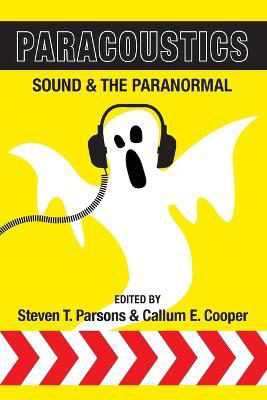Nuclear Fusion One Step Closer with AI Breakthrough
Science/Medical/Technology
Tuesday 8th, March 2022
2 minute read.
A breakthrough in using an artificial intelligence system to shape the super heated hydrogen plasma inside a fusion reactor is leading the way to bring, one step closer clean energy for general use.
The trail indicates the the use of AI could be a breakthrough in the long running research into clean energy for general consumption from nuclear fusion. This would replace the reliance on fossil fuels and in turn would lead to a cleaning less polluted environment.
Federico Felici, a physicist at the Swiss Federal Institute of Technology in Lausanne (EPFL) said, "I think AI will play a very big role in the future control of tokamaks and in fusion science in general," he followed up by saying, "There's a huge potential to unleash AI to get better control and to figure out how to operate such devices in a more effective way.".
Felici is one of the leaders on the project, he said that future experiments at the Variable Configuration Tokamak (TCV) in Lausanne will look for additional ways to integrate AI into the control of the fusion reactors.
Felici went on to say, "What we did was really a kind of proof of principle,", followed by, "We are very happy with this first step."
Felici and his colleagues at the EPFL's Swiss Plasma Center (SPC) collaborated with scientists and engineers at DeepMind, a subsidiary of Alphabet, this collaboration was to test the artificial intelligence system on the TCV.
The trail indicates the the use of AI could be a breakthrough in the long running research into clean energy for general consumption from nuclear fusion. This would replace the reliance on fossil fuels and in turn would lead to a cleaning less polluted environment.
Federico Felici, a physicist at the Swiss Federal Institute of Technology in Lausanne (EPFL) said, "I think AI will play a very big role in the future control of tokamaks and in fusion science in general," he followed up by saying, "There's a huge potential to unleash AI to get better control and to figure out how to operate such devices in a more effective way.".
Felici is one of the leaders on the project, he said that future experiments at the Variable Configuration Tokamak (TCV) in Lausanne will look for additional ways to integrate AI into the control of the fusion reactors.
Felici went on to say, "What we did was really a kind of proof of principle,", followed by, "We are very happy with this first step."
Felici and his colleagues at the EPFL's Swiss Plasma Center (SPC) collaborated with scientists and engineers at DeepMind, a subsidiary of Alphabet, this collaboration was to test the artificial intelligence system on the TCV.



